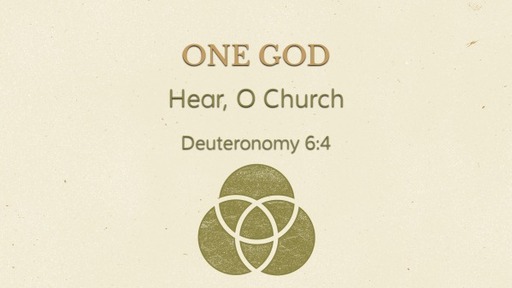One God

One God
This is an affirmation not so much of the moneity as of the unity and simplicity of Jehovah, the alone God. Though Elohim (plu.), he is one. The speaker does not say, “Jehovah is alone God,” but “Jehovah our Elohim is one Jehovah” (comp. for the force of אֶחָד Exod. 26:6, 11; Ezek. 37:16–19). Among the heathen there were many Baals and many Jupiters; and it was believed that the deity might be divided and communicated to many. But the God of Israel, Jehovah, is one, indivisible and incommunicable. He is the Absolute and the Infinite One, who alone is to be worshipped, on whom all depend, and to whose command all must yield obedience (cf. Zech. 14:9). Not only to polytheism, but to pantheism, and to the conception of a localized or national deity, is this declaration of the unity of Jehovah opposed. With these words the Jews begin their daily liturgy, morning and evening; the sentence expresses the essence of their religious belief; and so familiar is it to their thought and speech that, it is said, they were often, during the persecution in Spain, betrayed to their enemies by the involuntary utterance of it.
